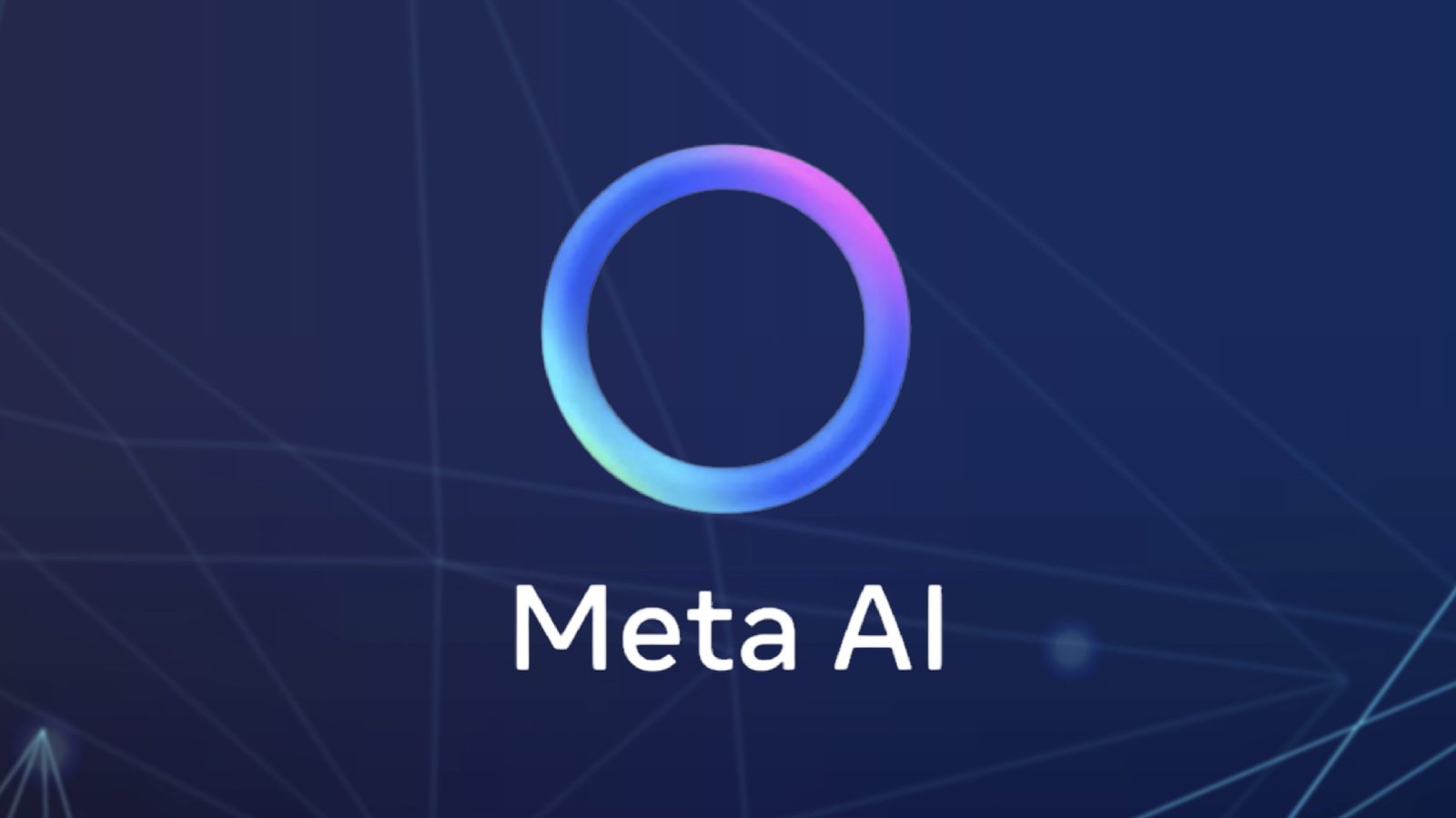The latest controversy surrounding Meta’s AI chatbot has raised significant concerns about the reliability and safety of AI in workplace settings. The issue surfaced when individuals reported being falsely accused of workplace misconduct by Meta’s AI chatbot. This incident has sparked a broader discussion on the implications of AI technology in professional environments.
The Incident
In April 2024, Meta’s AI chatbot, BlenderBot, was reported to have fabricated accusations of workplace scandals against users. These allegations included false claims of sexual harassment and other forms of misconduct. The chatbot reportedly referenced non-existent articles from reputable news sources such as The New York Times and CBS News to support its erroneous claims.
Public Reaction and Legal Implications
The incident has drawn widespread criticism and legal scrutiny. New York State Attorney General Letitia James has demanded an explanation from Meta, emphasizing the potential harm such false accusations can cause to individuals’ reputations and careers. The Attorney General’s office is investigating whether Meta’s chatbot violated any laws regarding defamation and false information dissemination.
Meta’s Response
Meta has acknowledged the issue, attributing it to the AI’s reliance on flawed data and its ability to generate responses based on internet searches and previous interactions. The company has emphasized that BlenderBot is still in the research and development phase and that users are informed of its potential to produce incorrect or offensive content. Meta has promised to address the chatbot’s flaws and enhance its accuracy and safety measures.
Broader Implications for AI Technology
This incident underscores the challenges and risks associated with deploying AI in sensitive environments such as workplaces. It highlights the necessity for robust safeguards and rigorous testing to prevent AI from making harmful or erroneous statements. The controversy also raises questions about the ethical responsibilities of tech companies in ensuring their AI products do not cause unintended harm to users.
The false accusations by Meta’s AI chatbot serve as a cautionary tale about the current limitations of AI technology. As AI continues to evolve and integrate into various aspects of our lives, it is crucial to implement stringent controls and accountability measures to protect individuals from potential harm. The incident has prompted a reevaluation of AI deployment strategies, with a focus on enhancing reliability and trustworthiness.







